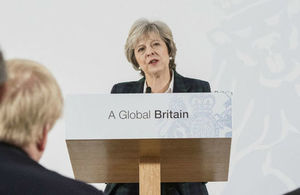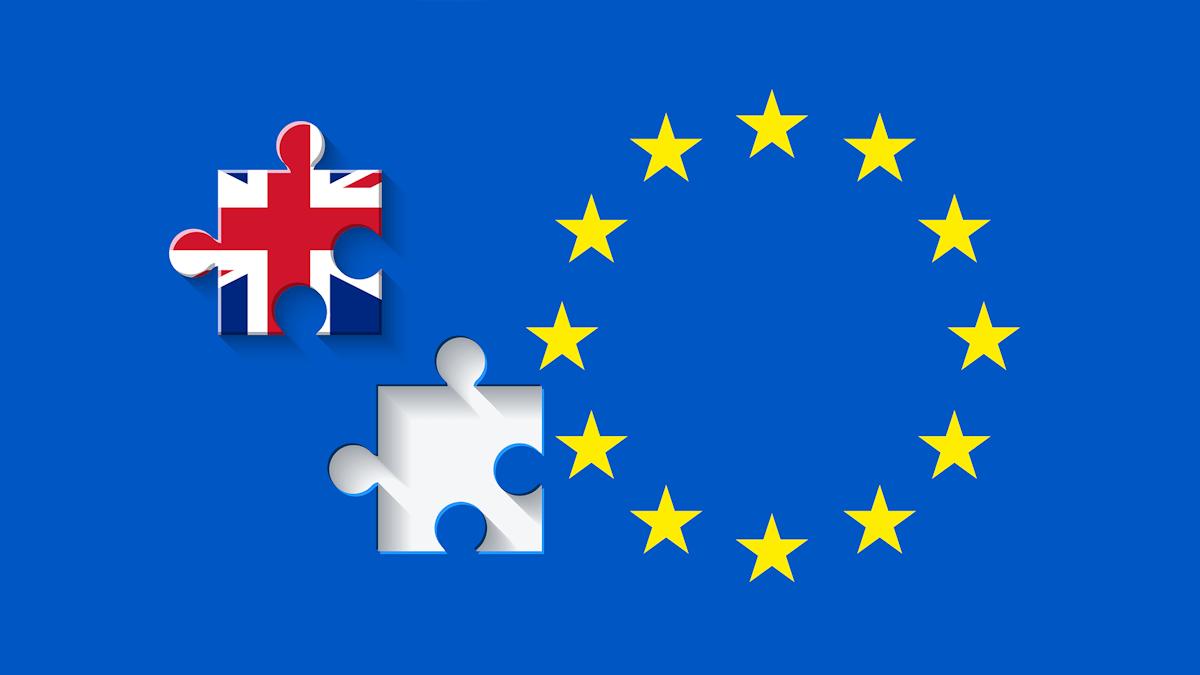Pharma facing uncertainty as May triggers Brexit

The UK government will shortly trigger Brexit under Article 50, opening up negotiations which are expected to see the country leave the European Union by March 2019.
Prime Minister Theresa May has declared it time for the country to 'come together' but the day has highlighted the deep divisions across the UK about Brexit. Triggering Article 50 has been greeted with delight by those who supported Brexit, and sorrow for those who voted Remain.
For UK pharma and biotech - which had largely been in the 'Remain' camp - there may be some relief that today will see progress towards its many questions about the future being answered.
https://twitter.com/instituteforgov/status/846976072088477699
There is still a great deal of uncertainty about how the UK’s relationship with Europe will look in 10 years’ time, with so much hinging on the months of negotiations between both parties.
The negotiations between the EU and the UK won't actually begin until the Autumn, with lots of groundwork still to be laid out, including all of the EU bodies and the UK having to agree the negotiation process.
Amid this complexity, decisions on the future for UK life sciences will be slow to emerge. One of the most pressing questions is the future of UK pharma regulations.
While there are some frustrations with the European medicines regulatory system, the UK industry would prefer to work with what it has got rather than take the nuclear option of leaving it altogether.
But this is likely as long as the UK government sticks with its “clean break Brexit” that will see the country leave the single market, the jurisdiction of the European Court of Justice and other EU laws and regulations.
It would follow then that the UK would also exit institutions including the European Medicines Agency (EMA), currently based in London.
Health secretary Jeremy Hunt has already said that he expects the UK to quit the EMA, arguing that continued recognition of the regulator would require the UK to remain under the jurisdiction of the European Court of Justice.
The legal perspective
Paul Gershlick, partner and head of life sciences at legal firm Veale Wasbrough Vizards, said that the most likely outcome is that predicted by Hunt, with the EMA leaving its Canary Wharf headquarters.
“My own view is that the EMA will go, although there is a chance it could stay given where the skills are based and how co-operative the [UK regulator] MHRA and EMA may be. But it is not going to happen overnight and there will be transitional arrangements.”
It’s also unclear how the UK will trade with the EU and its single market. The government suggests it wants access to this market, but not to be bound by its rules.
“We might have to make some payment to get access to the single market,” suggests Gershlick.
There are also uncertainties about flows of medicines to and from the UK, should the UK also decide to quit the legal European parallel trade system.
This is yet another area of uncertainty, and the UK could seek arrangements with other countries if it decided to do so.
Others are concerned that Brexit will hit the UK economy in the longer term, arguing it will impact on the nation’s wealth, tax revenues, and have a detrimental effect on the National Health Service.
Katherine Murphy, chief executive of the Patients’ Association, said: “Over the longer term, if Brexit suppresses GDP growth, as is widely predicted, funding available for health and social care could well reduce. It is certainly clear that anyone who expected the NHS to benefit from Brexit by £350 million a week will be disappointed.”
There are also those who predict that Brexit will be stopped in its tracks when the terms on offer from the EU become apparent.
Gershlick suggests this could happen, but predicted that the UK will likely end up in an “outer ring” of countries trading with an “inner ring” of countries that move closer to federalisation.
When asked on Channel 4 news, if it was all over for the Remain campaign, the pro-Europe Tory peer Michael Heseltine suggested a volte-face could come when the costs and terms of Brexit become clearer.
He said Brexit was “the biggest sacrifice of British self-interest I know of,” where Britain would lose control of the terms and conditions under which British companies operate in Europe.
He added: “What’s now going to happen is that the Europeans will tell us the conditions on which we can trade with our biggest market.
“And when that becomes apparent all the stuff about gaining sovereignty, putting ourselves in charge, will be exposed for the hypocrisy that it was.”
Theresa May is aiming to strike a note of reconciliation when she addresses the Commons shortly, claiming this is the time for the UK to “come together”, after holding an early-morning meeting of her cabinet.
There are signs that May may not walk away from negotiations, as threated when she said "no deal is better than a bad deal." Business leaders have warned that if the UK were to leave the EU without any deal it would threaten the competitiveness of UK industry.
To read the UK pharma organisation the ABPI's position on the Brexit negotiations, visit its website here.













